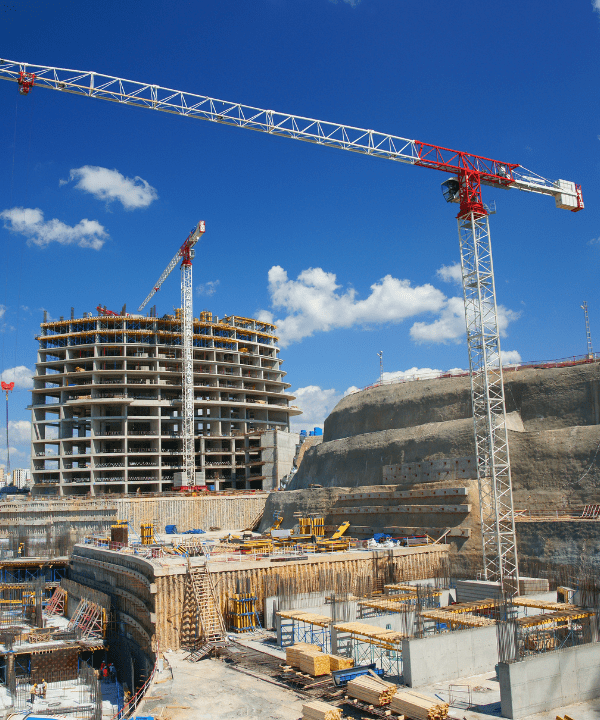Table of Contents
In the fast-paced world of construction, effective project management is the key to success. The industry demands precision, collaboration, and timely execution, making it imperative for construction firms to invest in robust project management software. But with a myriad of options available, how do you choose the right one? In this blog post, we’ll explore the essential features and benefits of project management software for the construction industry, helping you make an informed decision and achieve a substantial return on investment.
Scheduling and Planning Capabilities
Construction projects are a symphony of interconnected tasks, and any delay in one area can reverberate throughout the entire project. Look for project management software that offers advanced scheduling and planning features, including Gantt charts and critical path analysis. These tools provide a visual representation of project timelines, allowing you to identify dependencies and allocate resources efficiently.
Document Management
The construction industry relies heavily on documents, ranging from blueprints and specifications to permits and safety guidelines. A robust project management solution should offer centralized document management, allowing stakeholders to access, share, and collaborate on critical files in real-time. Version control and document tracking features are also crucial to ensure that everyone is working with the latest information.
Collaboration and Communication Tools
Effective communication is the cornerstone of successful construction projects. Choose a project management software that facilitates seamless collaboration among team members, subcontractors, and other stakeholders. Features like real-time messaging, file sharing, and comment threads streamline communication, reducing the risk of errors and ensuring everyone is on the same page.
Resource Management
Construction projects involve a complex web of resources, including manpower, equipment, and materials. Look for software that allows you to efficiently allocate and track resources. This includes features such as resource scheduling, equipment tracking, and inventory management, ensuring that you have the right resources in the right place at the right time.
Mobile Accessibility
Construction sites are dynamic environments that require real-time decision-making. A mobile-friendly project management solution is essential for on-the-go access to project data, allowing field teams to update progress, submit reports, and communicate with the office seamlessly. This not only improves efficiency but also minimizes delays and accelerates project timelines.
Integration with Construction-specific Software
Your project management software should seamlessly integrate with other construction-specific tools, such as Building Information Modeling (BIM) software, estimating tools, and accounting systems. This integration ensures a unified ecosystem, reducing data silos and streamlining workflows across different stages of the construction process.
Safety and Compliance Features
The construction industry is subject to strict safety regulations and compliance standards. Ensure that your project management software includes features to track and manage safety protocols, inspections, and compliance documentation. This not only ensures a safer work environment but also mitigates the risk of regulatory fines and project delays.
Return on Investment (ROI)
Investing in the right project management software for the construction industry translates into tangible benefits and a significant return on investment. These include:
- Increased Efficiency: Streamlining project workflows and communication leads to faster decision-making and task execution, reducing project timelines.
- Cost Savings: Effective resource management, streamlined processes, and improved collaboration contribute to cost savings by minimizing errors, rework, and delays.
- Enhanced Collaboration: Improved communication and collaboration lead to better coordination among team members, subcontractors, and stakeholders, reducing misunderstandings and conflicts.
- Improved Risk Management: Advanced project management software allows for better identification and mitigation of risks, minimizing the likelihood of costly issues arising during the construction process.
In the construction industry, the right project management software is more than just a tool – it’s a strategic investment in the success of your projects. By carefully considering features tailored to the unique demands of construction, you can enhance efficiency, collaboration, and ultimately, your bottom line. Choose wisely, and watch your construction projects soar to new heights of success.
